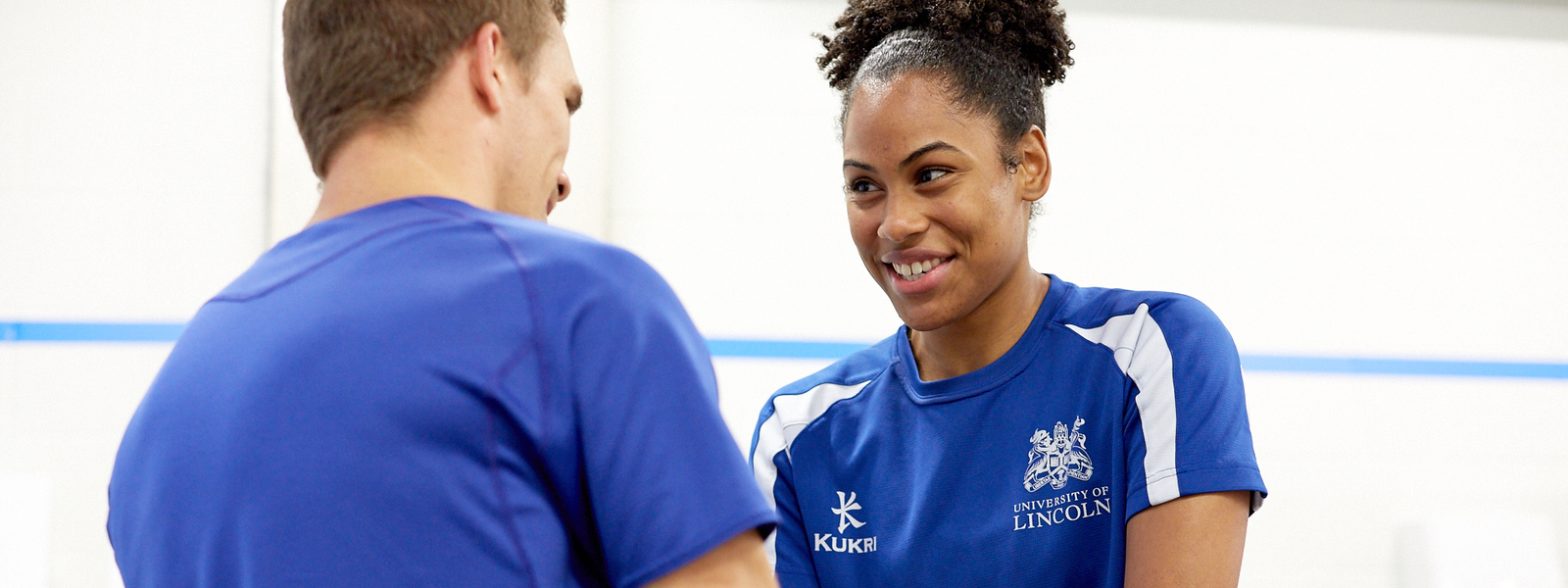Entry Requirements
- Applicants should hold a degree in physiotherapy at 2:2 classification or above or a qualification that allows you to register to practice as Physiotherapist in your home country.
- Applicants must also be registered or eligible to register as a physiotherapist/physical therapist with the relevant professional body or association in their home country.
International Applicants
All international applicants require IELTS 6.5 with a minimum of 5.5 in each element for students whose first language is not English. Applicants must provide a valid IELTS certificate at the point of application.
Students who have completed a UK degree within 5 years of their proposed enrolment at the University will not be required to provide IELTS.
For information regarding other English language qualifications we accept, please visit the English Requirements page https://www.lincoln.ac.uk/home/studywithus/internationalstudents/englishlanguagerequirementsandsupport/englishlanguagerequirements/.
If you do not meet the above IELTS requirements, you may be able to take part in one of our Pre-session English and Academic Study Skills courses. https://www.lincoln.ac.uk/home/studywithus/internationalstudents/englishlanguagerequirementsandsupport/pre-sessionalenglishandacademicstudyskills/. These specialist courses are designed to help students meet the English language requirements for their intended programme of study.
If you would like further information about entry requirements or would like to discuss whether the qualifications you are currently studying are acceptable, please contact the admissions team on 01522 886097, or email admissions@lincoln.ac.uk.





